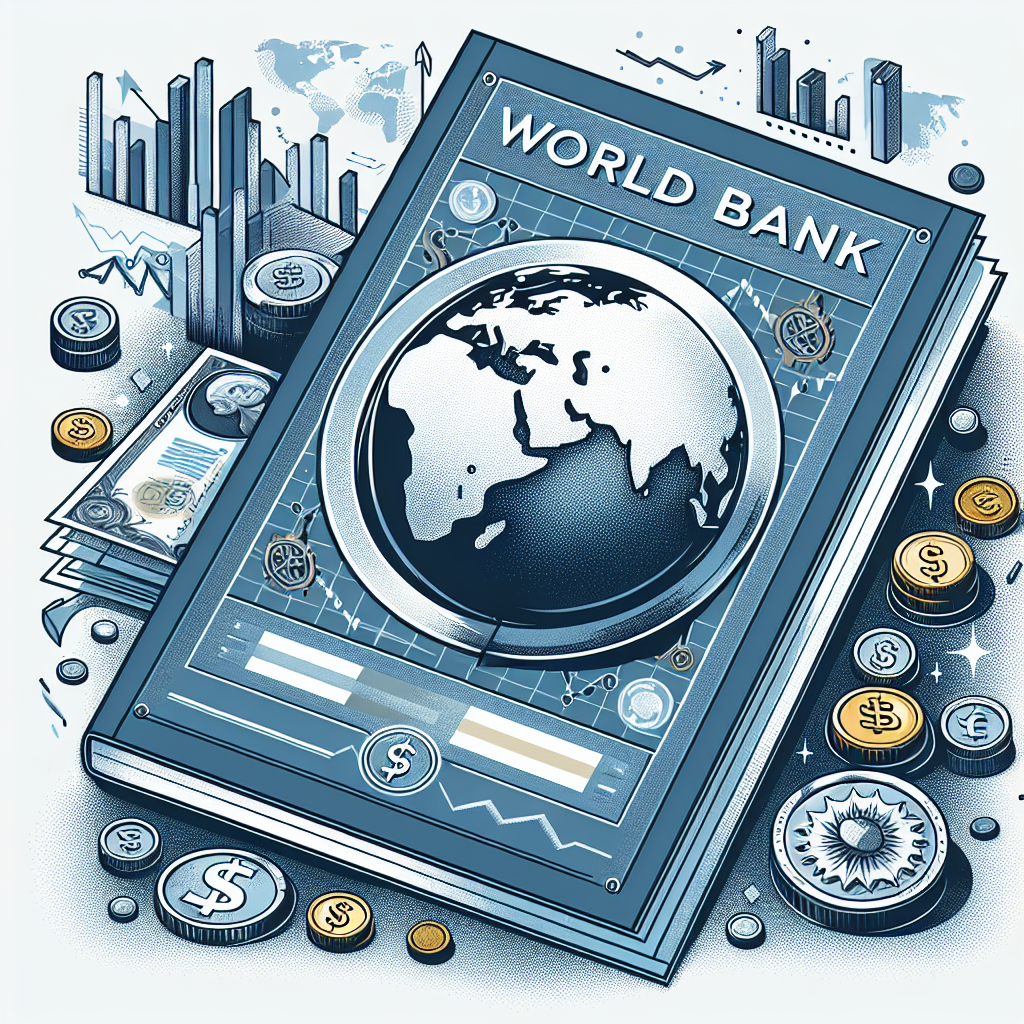Johannes Zutt Appointed World Bank Vice President for South Asia Region
A seasoned development professional, Johannes Zutt is a Dutch national who brings over two decades of experience at the World Bank, having joined in 1999.

- Country:
- United States
The World Bank has appointed Johannes Zutt as its new Vice President for the South Asia Region, a pivotal leadership role that will guide the Bank's development initiatives across six dynamic countries. Effective July 1, 2025, Zutt will succeed Martin Raiser and assume responsibilities for managing relations and strategic operations with Bangladesh, Bhutan, India, Maldives, Nepal, and Sri Lanka.
Zutt’s appointment comes at a critical time when the South Asia region is undergoing major economic, social, and environmental transitions. With an active World Bank portfolio valued at approximately $39 billion, Zutt will oversee a range of development projects, financial support mechanisms, and technical assistance programs aimed at accelerating inclusive and resilient growth in the region.
Extensive Leadership Experience in Development
A seasoned development professional, Johannes Zutt is a Dutch national who brings over two decades of experience at the World Bank, having joined in 1999. Over the years, he has held a variety of leadership positions including Country Director for Brazil, Director for Strategy, Results, Risk and Learning in the Operational Policy and Country Services (OPCS) Vice Presidency, and Country Director for multiple regions, including Bangladesh, Bhutan, Nepal, Türkiye, and several African nations.
Zutt’s prior experience in South Asia gives him a nuanced understanding of the region's challenges and potential. Reflecting on his return, he said:
“I am delighted to see the strong development progress that South Asia has achieved in the 10 years since I last worked in the region. I look forward to this new opportunity to contribute and to once again experience the warmth of the region’s people and the richness of its cultures.”
Priorities for the Region: Jobs, Climate, Human Capital, and Private Investment
Under Zutt’s leadership, the World Bank’s South Asia program will continue focusing on a core set of priorities:
-
Job Creation and Economic Inclusion: Tackling youth unemployment and informal labor to generate sustainable livelihoods.
-
Climate Change and Disaster Resilience: Enhancing climate adaptation, investing in renewable energy, and promoting resilient infrastructure.
-
Human Capital Development: Strengthening health, education, and nutrition systems to ensure equitable access and outcomes.
-
Private Capital Mobilization: Attracting domestic and international investment by improving business environments and strengthening governance.
With countries in the region facing varying challenges—from economic inequality in India and disaster vulnerability in the Maldives to post-pandemic recovery in Nepal—Zutt’s task will be to tailor strategies that are both locally grounded and regionally coordinated.
Decentralization and a New Delhi-Based Hub
Signaling a major shift in how the World Bank operates in the region, Zutt will be based in New Delhi, India, which is being established as the regional hub for South Asia. This move is in line with the Bank’s global decentralization strategy, designed to bring leadership closer to clients and enhance the agility and responsiveness of its development support.
This proximity is expected to foster stronger collaboration with national governments, development partners, and civil society across the region, enabling more timely and context-sensitive interventions.
Academic and Professional Background
Johannes Zutt holds a B.A. and M.A. in Philosophy from the University of Toronto, a Law degree from Harvard University, and a Doctorate in Philosophy from the University of Oxford. His interdisciplinary academic foundation has informed his approach to development—balancing ethical considerations with pragmatic policy design and implementation.
A Region Poised for Growth Amid Challenges
The South Asia region, home to nearly two billion people, is a critical focus area for the World Bank’s mission to end extreme poverty and promote shared prosperity. While the region has achieved impressive growth over the past decade, it still faces structural issues such as youth underemployment, urban-rural divides, climate threats, and lagging social indicators in pockets of vulnerability.
Zutt’s leadership marks a renewed commitment by the World Bank to address these multifaceted challenges through partnerships, innovation, and inclusive policies.
Conclusion
With his rich experience, deep regional understanding, and results-oriented approach, Johannes Zutt is well-positioned to steer the World Bank’s engagement in South Asia during a transformative period. His appointment signals continuity in commitment and a bold step toward enhanced regional cooperation, strategic innovation, and sustainable development.
Tags:
ALSO READ
Dolma Gyari Honored with IFCSS 'Spirit of Freedom Award' for Leadership and Advocacy
South Africa’s R&D spending falls short without human capital investment
IFC and Hamkorbank Partner to Empower Women and Small Businesses in Uzbekistan
How Human Capital and Financial Systems Accelerate Convergence in Global Economies
Maroc Telecom and IFC Launch €370M Partnership to Expand 4G in Mali and Chad










